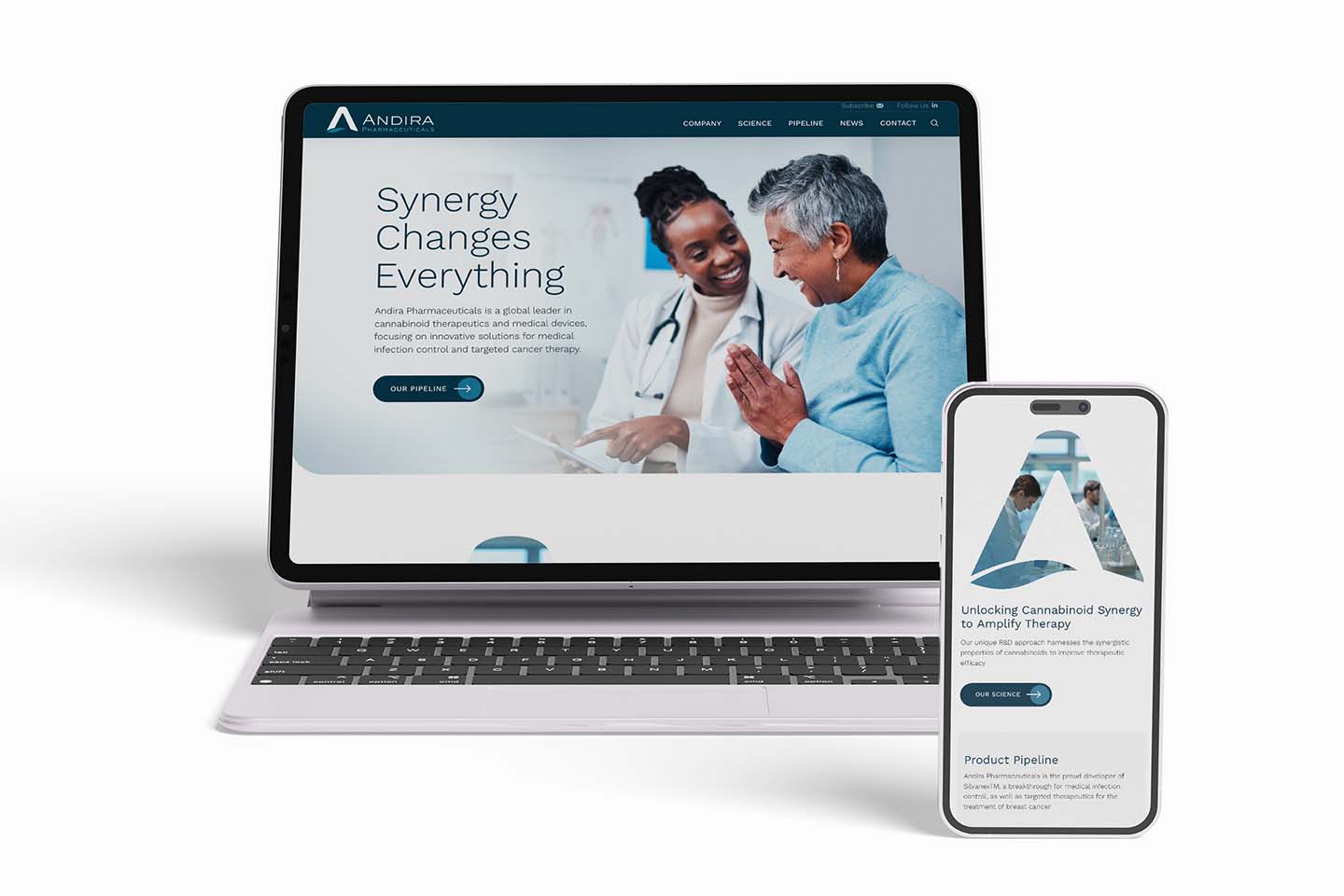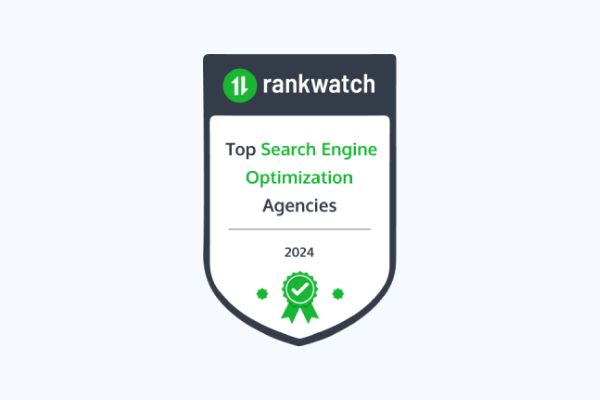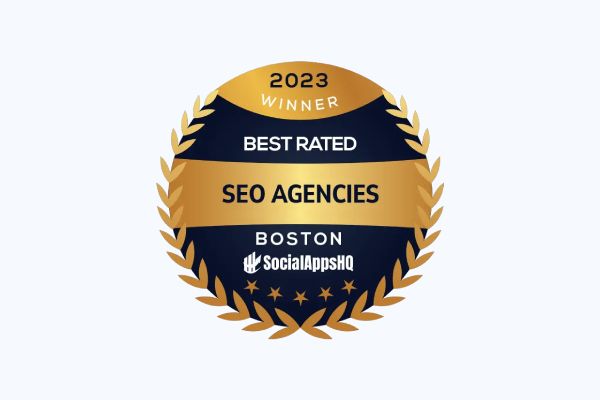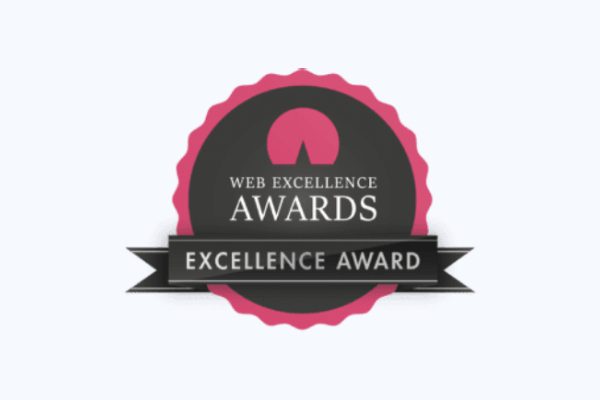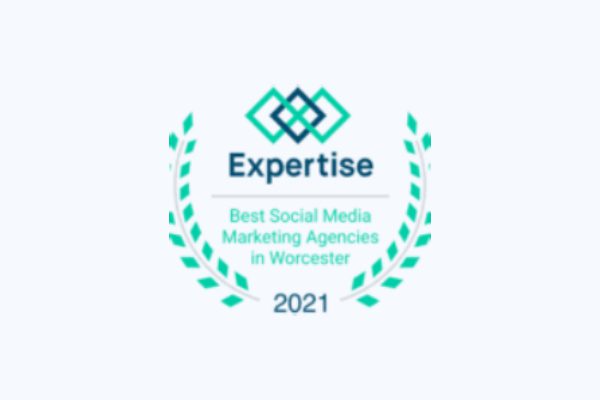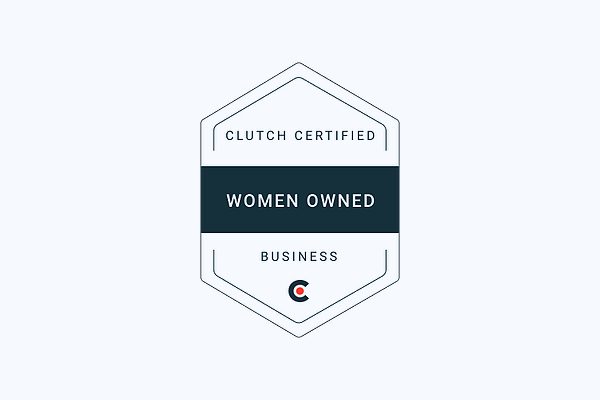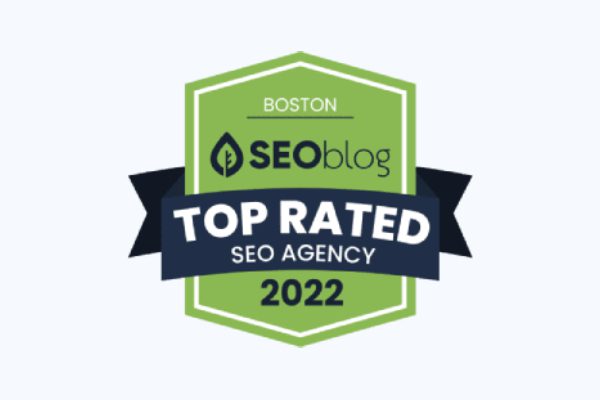An effective biotech pitch deck can make or break your startup.
We all know the maxim “It takes money to make money.”
Finding investors to fund your biotech startup and then maintain a steady stream of capital is always challenging. One marketing tool that any startup company can’t do without is an investor biotech pitch deck.
Your biotech pitch deck should accomplish the following goals:
- Inform potential investors about your business
- Highlight your company’s value proposition
- Share why it is relevant to their interests
- Provide a foundation for making an investment decision
- Explain your science and technology clearly
Providing a strong investor pitch deck for biotech is always challenging. It can be even more so for biotech startup companies.
Why? Their products are highly complex, data-driven, and may take a long time to be profitable.
To counter this situation, you need to excite potential investors and convince them that the wait is worthwhile.
What is the “right” way to prepare a biotech pitch deck for your start-up company?
While there is no single way to create a biotech startup investor pitch deck, At the same time, some rules apply regardless of industry.
- First, your deck should look highly professional, well-branded, and cleanly designed.
- Second, your story needs to have a logical flow that makes it easy to present and understand.
- Third, make it broad enough to address people with different interests, knowledge, and levels of scientific and financial sophistication.
- Fourth, provide compelling evidence that the company will succeed.
Finally, stick to the essentials rather than overload your audience with too many complicated details.
Learn about our custom-branded or full-custom biotech pitch decks in this video.
We help startups with biotech pitch decks in all types of budgets.
Contact us today to find out more about our standard custom-branded biotech pitch deck templates or a full custom presentation.
Do you need more than one biotech pitch deck for your start-up company?
Not every audience needs the same type of information or the same level of detail. Plus, you may have 30 minutes for your pitch, or you may have the entire morning. What does this mean? Like a biotech website design, a pitch deck can be modified over time.
You can have alternate slides depending on the mix of the audience, presentation time, or other pertinent factors. You can also keep backup slides in reserve to answer anticipated questions or provide more complex information—without overloaded or straying from the primary focus of your basic deck.
What is the “right” way to prepare your biotech pitch deck?
While there is no single way to create an effective investor deck, you’ll need to touch on basic elements that all investors in biotech companies care about. You’ll want to include several types of slides, including ones that serve these purposes:
Give a Preview in your Biotech Pitch Deck:
Provide a concise executive summary at the top, describing the company’s mission, history, focus, technology, and your plans for the future. Grab their interest!
Describe the Science and Technology in your Pitch Deck:
Explain the scientific problem and “pain points,” limiting scientific jargon and confusing concepts. You’ll also want to describe your technology (possibly including patents or IP), how it solves a specific scientific problem, and why your technology is different or superior to the competition or other scientific alternatives.
A Biotech Pitch Deck Provides Arguments for Market Success:
Like any startup, you’ll want to include supporting data—presented in a way that makes it easy for you to explain your likelihood of success (you can also mention risks and how you will mitigate them). Whatever graphics, charts, or tables you use, make them clear and large enough to read and understand. No one wants to squint or feel they’re missing out on something important.
These slides would detail your target market, the competition, points of differentiation, level of demand, and anticipated revenue opportunity—and why the timing is right to invest.
Build Business Credibility in your Biotech Pitch Deck:
While you are passionate about the science, in the end, you’re seeking funding to build a profitable business. You’ll need to establish credibility that the science is supported by a realistic plan or revenue model for how you are going to make money. Provide relevant financials, such as projections, funds that have already been raised, and plans for future funding and support. To further back your trustworthiness, introduce your leadership team’s background, credentials, and past successes.
Launching a startup biotech website: A complete guide from Seed to Series A
What’s the process for creating your biotech pitch deck?
If you’re wondering what the process of creating an investor deck might look like, we can quickly review one of our recent projects with an early-stage biomedical company. This startup is developing precision genomic tools to reveal DNA alterations, with unprecedented accuracy, for clinical and research use.
The Challenge of Seeking Funding with your Biotech Pitch Deck
This early-stage company was seeking funding using a large, clunky presentation deck of about 40 slides that was very cramped and text-dense. Further, the deck’s use of colors, font, shapes, and other graphic elements was inconsistent, making it even harder to understand and digest. The slides contained a great deal of material, some of which seemed overly detailed. The client also expressed that it was difficult to use the biotech pitch deck, most likely because of poor flow and lack of focus.
All of these elements could cause potential investors to experience “cognitive overload” in which they shut down mentally, get fatigued, and have a hard time paying attention.
The Decision to Outsource your Biotech Pitch Deck
Often in biotech startups, there is a great deal of passion. Unfortunately, this can cause scientists to get too far into the weeds.
There are at least two reasons why the client’s decision to outsource the deck’s redesign to our digital marketing agency was wise.
- First, as content strategists, we have a deep understanding of how to tell a cohesive story that piques a potential investor’s interest.
- Second, we are non-scientists who can explain complex subjects in simplified terms that laypeople understand.
- Third, they leverage our experience with other biotech startup company clients.
Doing our Homework and Setting Objectives for your Pitch
Our first step in collaborating with the client was the discovery phase. We asked questions to understand in detail who they were talking to about funding, their audience’s level of knowledge and interests, what type of information would be most persuasive, and the specific funding “ask.” In reviewing their deck, we saw that the basics were already there but needed better flow and a cleaner presentation.
Once we had this background context, we needed a professional graphic look that fit the brand and created a unified feel. We explored how well the deck told the company’s story and conveyed the message by looking at the copy, the order in which the information was presented, the overall impression of individual pages, how data was displayed, and how well it would keep the audience’s attention.
Developing the Biotech Pitch Deck Design Concept
As always, we provided the client with several basic options that would set the tone for the entire slide deck. We showed the client several different design styles, created in Photoshop. Each design included how nine different types of pages—such as the first slide, leadership, data and graphs, background, and financials—would be displayed
This “mini-deck” gave the client a good sense of what a final deck might look like based on color palette, font styles, and other graphic details. As is natural, the client liked some ideas from one deck and others from the second. This was also the case with elements they were not fond of.
Once we knew the client’s preferences, we incorporated the elements in an attractive, compelling way that would include the best of each design.
Executing the Biotech Pitch Deck Plan
We planned to deliver 20-30 pages. The biotech pitch deck ended up on the high side for several reasons. We visually opened up each slide to make it less cramped. In some cases this required turning one slide into two separate ones. This might add a bit more presentation time, but the audience would easily be able to absorb information without becoming overwhelmed.
Movement is also a great way to advance the flow. Sometimes videos are included in a slide deck. However, they can be costly to produce and add a significant amount of time—and even impede flow. Instead, we included simple, consistent animations and page transitions that enhanced visual interest and helped guide both presenter and the audience through the material.
An angel investor was brought in toward the end of the design process to give some final feedback. He suggested adding some more complex information—including some that had been cut from the original deck. We explained that these slides could be included as optional slides for more knowledgeable audiences or to answer complex technical or scientific information during a question-and-answer session. Other more detailed information could also be provided in the presenter notes, providing information to help as appropriate.
Lessons Learned Building your Biotech Pitch Deck:
By hiring a graphic design and content expert for an investor deck, the presenter can get through the content faster, be more cogent, and ultimately achieve greater success. And while slides may not focus on the presenter’s passion for the enterprise, a great biotech pitch deck will give them confidence and inspire them to express excitement as they move through the slides.
In the end, you may have a great product. If you don’t tell your story in the right way you will lose opportunities to get your start-up off the ground. Your investor deck needs to encompass a wide variety of information—but it should never be haphazard.
A great biotech pitch deck, designed by an agency experienced in your industry, can simplify the story while providing a strong foundation for continuing the conversation.

